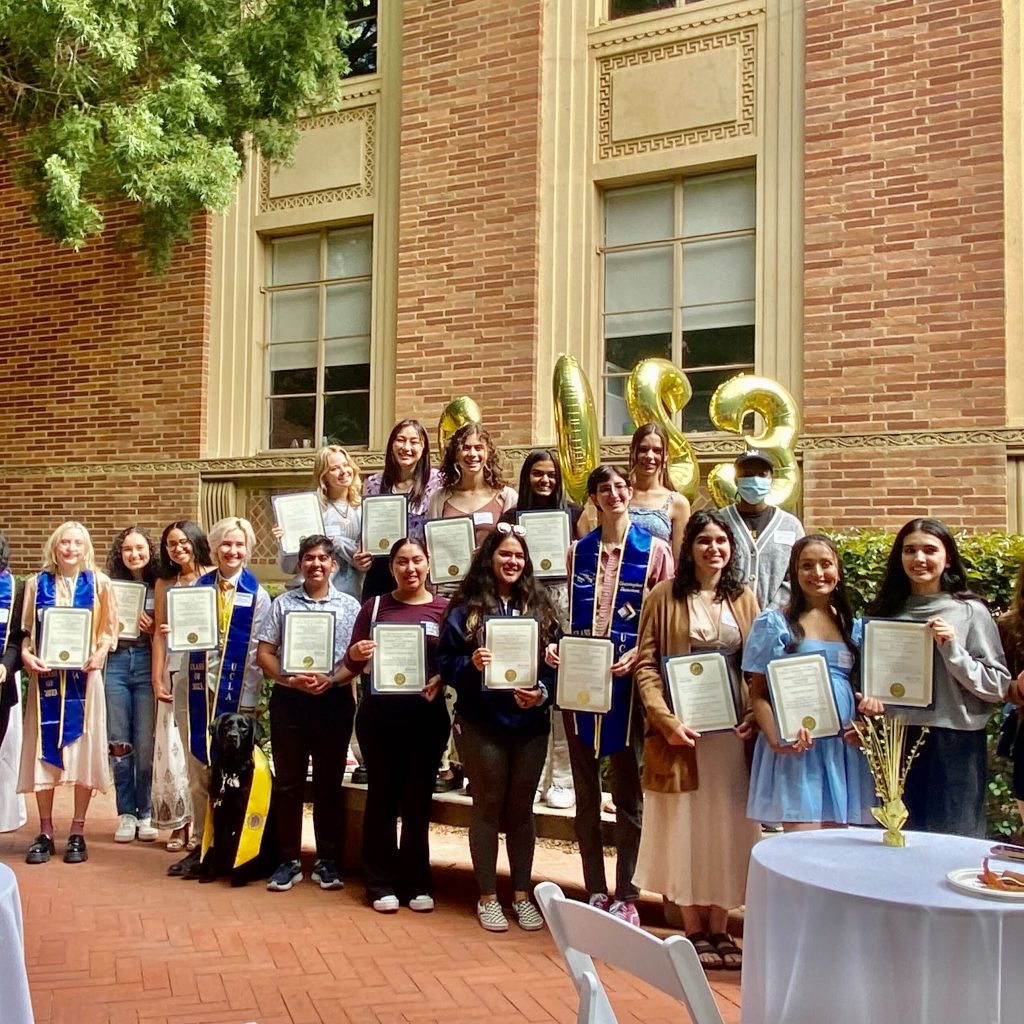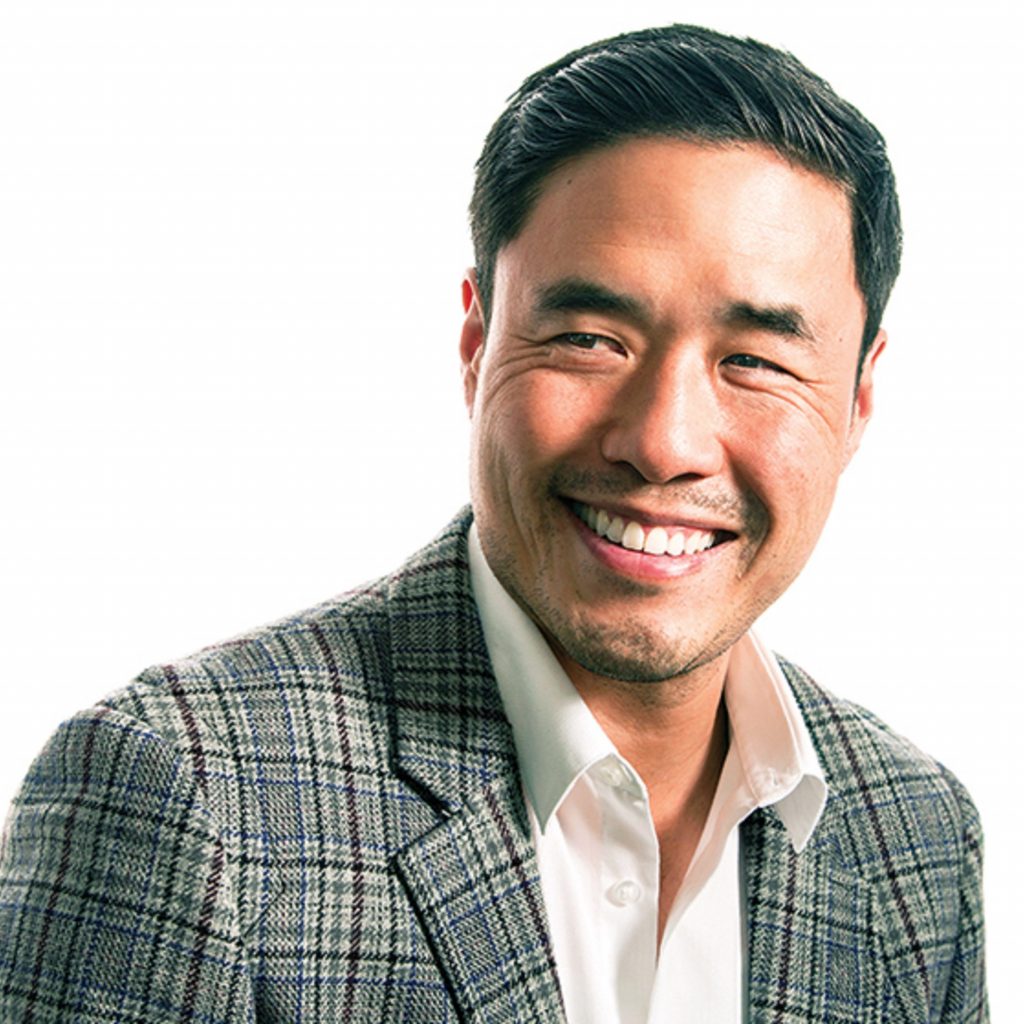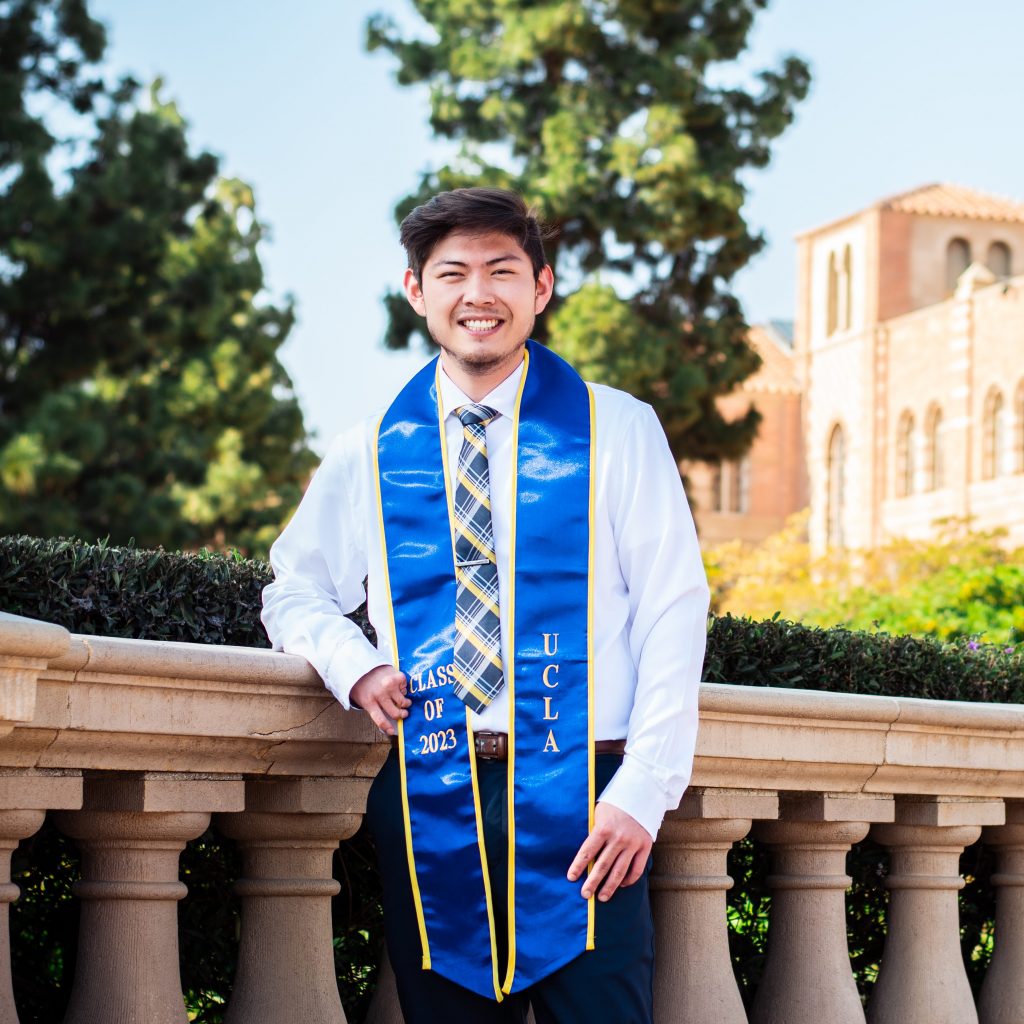Six dynamic new courses in Disability Studies have been added the UCLA’s course catalog this academic school year (2021-2022). The courses span a broad range of subjects from social media and web accessibility to care work, conservatorship, and anthropological and indigenous perspectives on disability. The faculty and their courses are:
Design, Disability, and the Web
Lauren Lee McCarthy, Associate Professor || Department of Design Media Arts
This course will be a studio-based course that provides an in-depth introduction to universal design, assistive technology, and disability justice. Following the disability activism approach “nothing about us without us,” students will work hands-on in partnership with disabled collaborators to learn about assistive technology, identify accessibility issues, and prototype solutions on the web.
Disability organizations will serve as both “clients” and partners in the design process as we redesign or create new websites for the communities supported by these organizations. Students will analyze existing websites and identify accessibility issues, research best practices, and design and develop new websites that serve our community partners.

They will also learn to use common web accessibility evaluation tools like Chrome Lighthouse to evaluate their sites. This work will consider the technical and accessibility needs, while placing an emphasis on understanding how the web can provide crucial community and resources for people with disabilities.
Situated within the Design Media Arts department, this course will expand on existing accessibility best practices to interrogate art and design’s role in understanding accessibility and disability. For example, while there are standard guidelines for writing alt text for images (descriptive, concise as possible), artists and writers have been pushing for alt text that creatively interprets the image, becoming a medium in itself. In this way, alternative formats become a different but equal mode of experiencing media, rather than simply an accommodation.
Disability Anthropology
Salih Can Aciksoz, Assistant Professor || Department of Anthropology
What does disability mean in different cultural locations? What work does the category of disability do globally and locally, in relation to racial, gender, and class inequalities? How do bodily difference and debility get experienced in the context of war, colonialism, and extreme poverty? In this course, students will explore critical issues in conceptualizing disability across cultures, time and space. The course will place special emphasis on experiences of impairment and disability in the Global South. Drawing from anthropology, disability studies, literature, film, and social media, students will study a range of topics from Turkish disabled war veterans’ political activism and beauty contests for landmine survivors in Cambodia, to the struggles of Central American refugees with disabilities and Botswanan traditional healers’ understandings of mental illness and neurodiversity. Through this course, students will work comparatively and critically to examine their own assumptions about disability, embodiment, personhood, and politics.
Care Work: Disability Justice & Healthcare
Lauren Clark, Shapiro Family Endowed Chair in Developmental Disabilities Studies, Professor || School of Nursing
This course will explore contested and evolving ideas about disability care work from a disability justice perspective. Day-to-day care work of the mind-body requires time, effort and energy. In short, bodies “need care and assistance to live” (Garland-Thomson, 2017, p. 328). In relationships, the line between the carer and the cared-for is often blurred in care work (Wedgwood, Smith & Shuttleworth, 2018). Beginning with the emotional labor of learning to be a parent of a child with a disability, care work starts in families. Professor Clark’s research with parents of children with developmental disabilities demonstrates how care work evolves and changes those giving care. After childhood, disability care work migrates from families to care webs and care economies that include kin, co-workers, disability communities, and professional carers (such as nurses, physicians, therapists, and direct service providers).
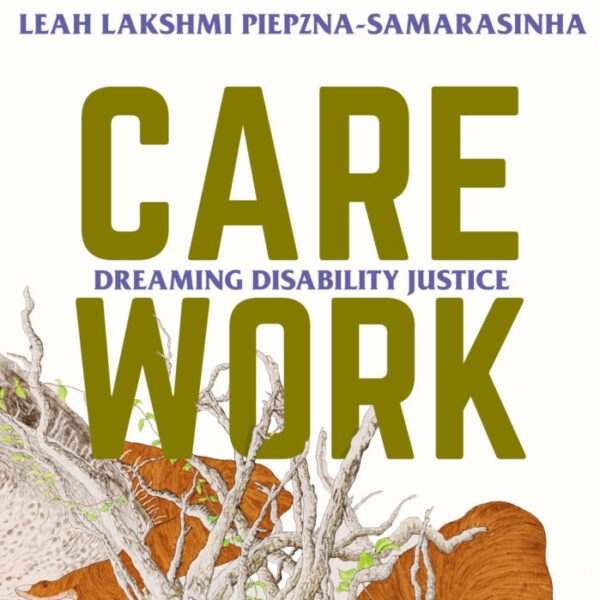
Some of the tensions in disability care work discussed in this course include the dialectics of dependence/interdependence, intimacy/isolation, and care giving/care receiving in asymmetrical and reciprocal relationships. A justice-oriented approach to disability care work seeks to explore and also dismantle these binaries and others, and centers intersectional identities to advance health for all.
Among the alternative conceptualizations of care work considered in this course are those specifically rooted in disability justice. This approach emphasizes the interdependence of caregivers and receivers, the need for disability cultural competence on the part of healthcare professionals, and the “radical notion that everyone deserves basic income, care, and access” as the basis for disability justice (Piepzna-Samarasinha, 2019, p. 77).
In caring relationships, complexities in the social positions of both givers and receivers of care change over time and space. Recognizing this, we can consider the ways nurses and other healthcare providers with disabilities add value to the healthcare team and recognize their intersectional knowledge.
Healthcare providers introduce disability cultural competence from a position of lived experience and improve the quality of care for people with disability. As the largest and most trusted segment of the healthcare workforce, nurses are in a position to advocate for disability justice across healthcare and education sectors from their positions as caregivers, care receivers, and often as gatekeepers of care. Rethinking how we come to know disability, relationships, and care, this class offers an opportunity to advocate for justice in the allocation and recognition of care work resources.
Seminar on Disability, indigeneity, and COVID
Juliann Anesi, Assistant Professor || Department of Gender Studies
Indigenous and poor communities have the worst health outcomes of all population groups, resulting in significantly higher rates of chronic illness, disease, impairment, and disability. Given the “recent” global pandemic, the course will examine the impact of the COVID- 19 virus on these communities. Students will dive into first-hand accounts of the pandemic through oral histories, personal narratives, media, literature, and film. What are the key characteristics noted by disability and Indigenous communities? How did they describe their experiences? These questions will be addressed as students conduct an analysis of how to identify topics and themes. Explicitly, how these subtleties are regulated, governed, and experienced once the cultural identity of being Indigenous is at the forefront.
In addition to examining the literature on disability and public health, students will also learn about qualitative research methodologies— specifically, how to conduct an oral history and life history project. Students in the course will partner with the UCLA Center for Oral History Research and/or a local public health community organization. The course will provide students an opportunity to create knowledge and learn how it is shared and analyzed, and mostly, how their research can empower communities. Students will learn to use digital and multi-media platforms such as open access research journals, word press, mapping, podcasts, and webpages to share our findings.
Creative Access: Alt-Text as Poetry
Caitlin Solone, Academic Administrator || Disability Studies
This course is a freshman Fiat Lux seminar that provides space for students to explore social media accessibility and allyship through a workshop-based course that teaches students how to add creative alt-text to social media. Social media is used widely to obtain, provide, and engage with social, cultural, and political information. Yet barriers to access prevent many disabled people from full participation in these online social spaces. How can social media become more accessible and inclusive of people with visual disabilities?
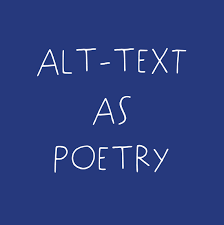
Alt-text, or text descriptions of visual content built into social media platforms, are vital to accessibility for people who are blind, have low vision, or experience specific learning disabilities. Rather than thinking of alt-text as solely a compliance-based practice, this seminar urges students to think of alt-text as an act of allyship and a form of creative expression that adds social and emotional value to the user’s experience in rich and meaningful ways. Students will hear from people who use alt-text to make meaning of social media posts and will engage in discussions to unpack access issues and innovative paths forward. Students will also gain practical experience developing poetic alt-text that provides users with a way to experience visual imagery that creates a sense of belonging rather than isolation through the use of Bojanna Coklyat and Shannon Finnegan’s Alt-Text as Poetry Workbook and other hands-on experiences.
Finally #FreeBritney: Is Conservatorship Toxic?
Caitlin Solone, Academic Administrator || Disability Studies
Using Britney Spears’ conservatorship journey as a case study, conservatorship laws, policies, and practices will be explored and evaluated in this Fiat Lux course. Students will be introduced to interdisciplinary perspectives and concepts such as paternalism, ableism, autonomy, and disablement. Advocates from the community will share their expertise and experiences with conservatorship, advocacy, and research. Alternatives to conservatorship will be discussed. Students will explore creative, innovative, and data-driven solutions to impact social change related to conservatorship practices.
